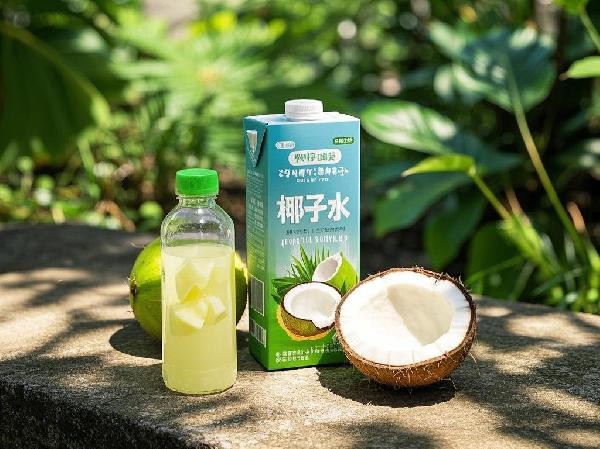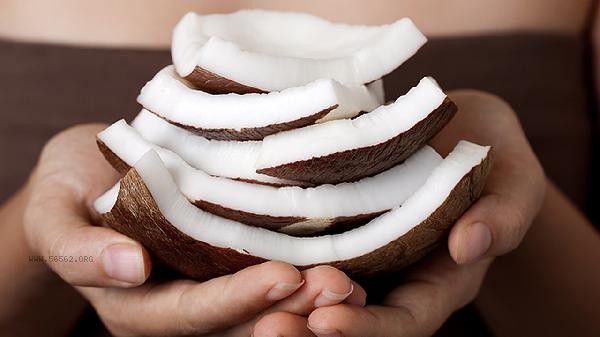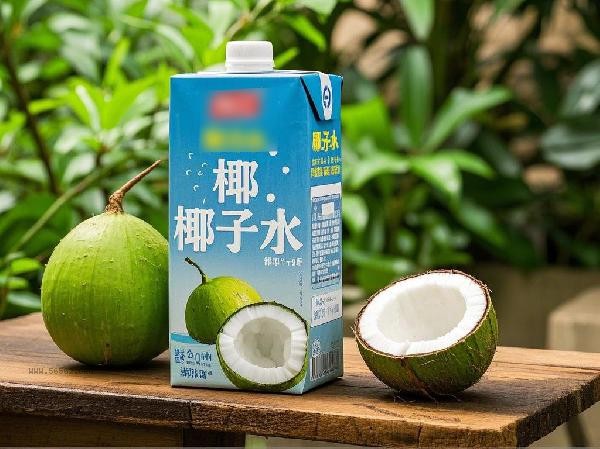Coconut juice should never be used directly for intravenous infusion. Infusion is a medical practice that requires the use of sterile and clearly defined medical fluids. Coconut juice, without professional treatment, contains a large amount of impurities and microorganisms. Direct infusion into blood vessels can cause serious infections, electrolyte imbalances, and even death. Although coconut juice contains electrolytes such as potassium and sodium, its concentration differs greatly from that of human blood, and it also contains macromolecules such as plant proteins and sugars. Untreated coconut juice contains microorganisms such as bacteria and fungi, which can directly enter the bloodstream and cause sepsis. The osmotic pressure of coconut juice does not match that of plasma, which may cause red blood cell rupture or tissue edema. There have been extreme cases in history where coconut juice was attempted as an emergency replacement for intravenous infusion, resulting in serious consequences such as high fever, acute kidney failure, and multiple organ failure in patients. Medical infusion solutions require strict sterilization, osmotic pressure regulation, and component testing, and coconut juice does not meet these medical standards at all. When dehydration occurs or infusion therapy is required, professional medical glucose injection, sodium chloride injection, and other approved liquids must be used. Under no circumstances should one attempt to replace medical methods with food on their own, as misuse may lead to irreversible organ damage. If emergency fluid replacement is required in special environments such as the wild, professional oral rehydration salts should be given priority and formal medical assistance should be sought as soon as possible.












Comments (0)
Leave a Comment
No comments yet
Be the first to share your thoughts!